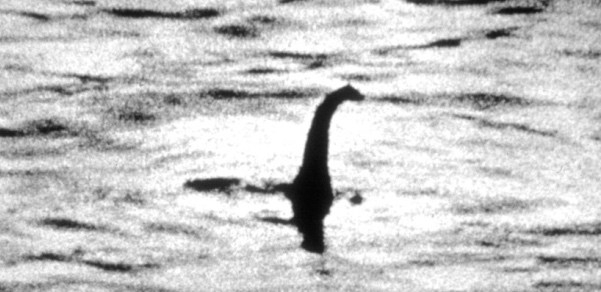
For more than a century there have been reports of a strange sea "monster" living in Loch Ness yet hard evidence is, er, lacking. Now, evolutionary biologist Neil Gemmell of the University of Otago is hoping that DNA testing could perhaps shed some light on what people claim is Nessie. For two weeks, Gemmell and his team will collect skin and scale samples from Loch Ness and compare those DNA sequences against known animals. Here's what Gemmmell told the BBC News:
"I don't believe in the idea of a monster, but I'm open to the idea that there are things yet to be discovered and not fully understood. Maybe there's a biological explanation for some of the stories.""While the prospect of looking for evidence of the Loch Ness monster is the hook to this project, there is an extraordinary amount of new knowledge that we will gain from the work about organisms that inhabit Loch Ness - the UK's largest freshwater body..."
"There is this idea that an ancient Jurassic Age reptile might be in Loch Ness. If we find any reptilian DNA sequences in Loch Ness, that would be surprising and would be very, very interesting."
Above, "The Surgeon's Photograph" of 1934, known to be a hoax.


